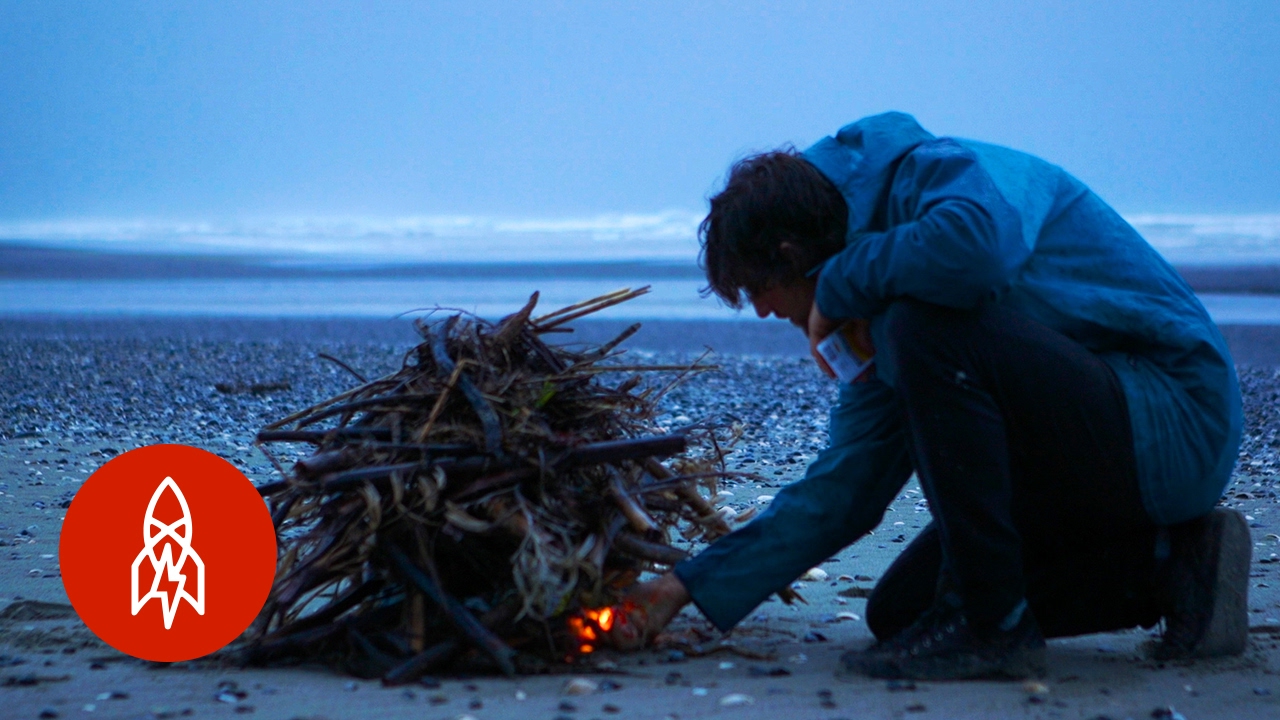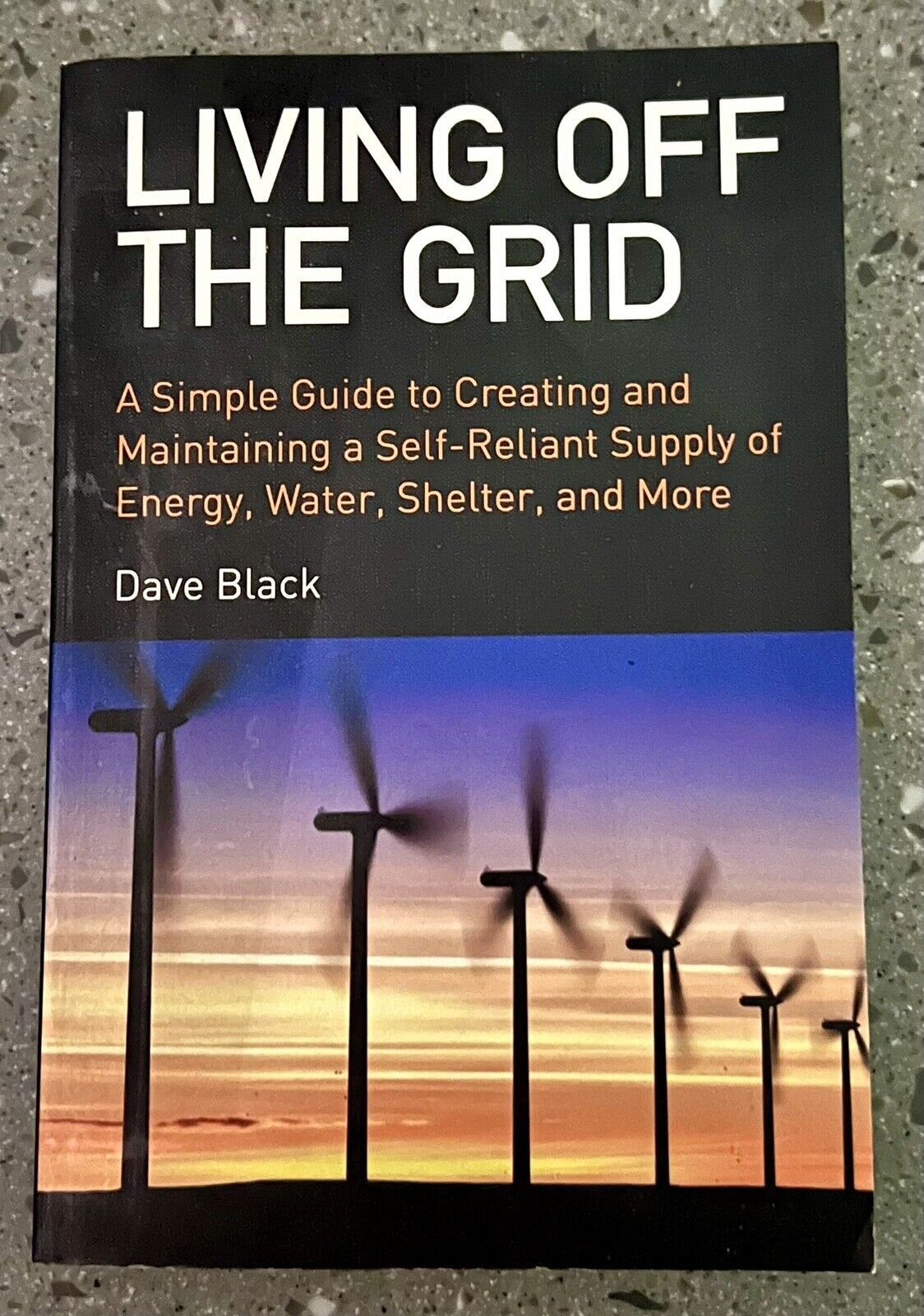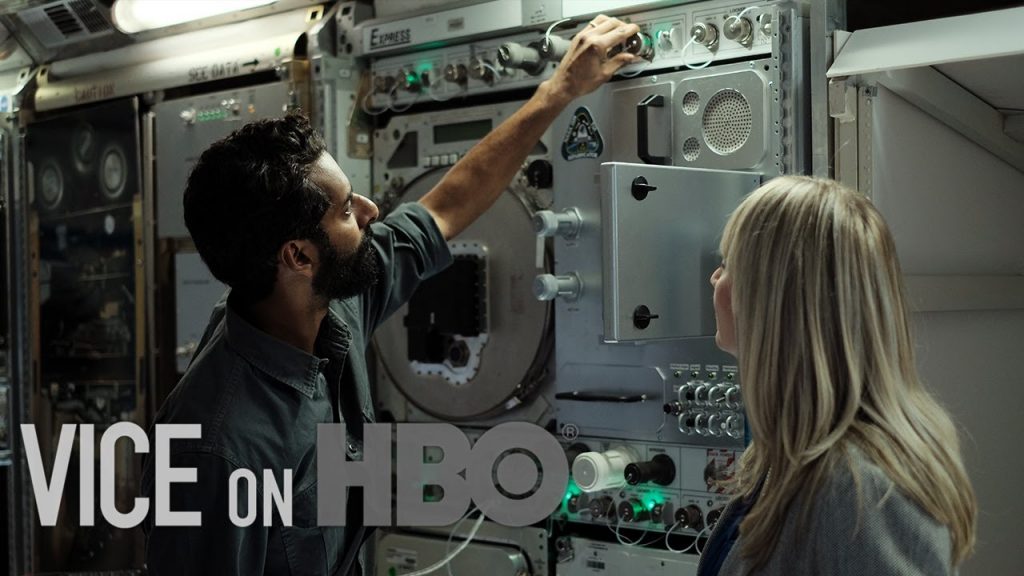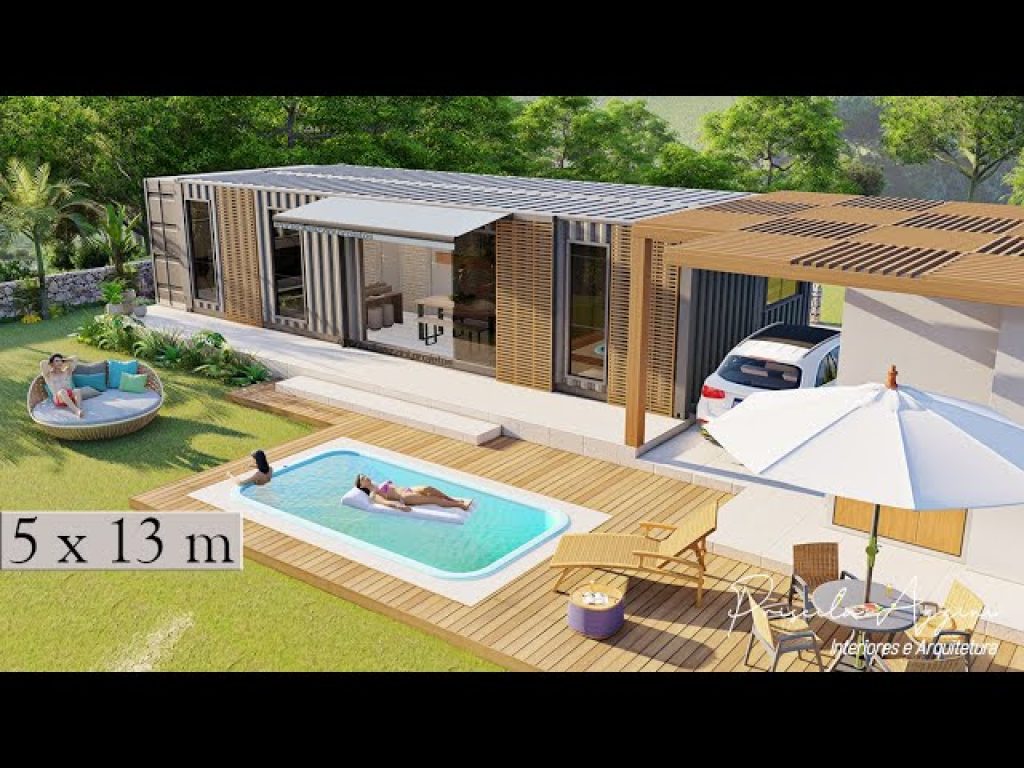Living Off the Grid in Paradise

Warrick Mitchell lives deep in one of the world’s most remote locations: Fiordland, New Zealand.
His home in the country’s oldest national park is nestled in a vast wildness accessible only by boat or airplane, a four-day walk from the nearest road. Life in isolation can be hard but surrounded by breathtaking, pristine natural beauty, plentiful wildlife and a small but tight-knit community that is always willing to lend a hand, Mitchell would have it no other way.
This story is a part of our Frontiers series, where we bring you front and center to the dreamers, pioneers, and innovators leading society at the cutting edge. Let us take you along for a trip to the oft-imagined but rarely accomplished.
What are some of the challenges of living off the grid, and how do people overcome these challenges to maintain a sustainable lifestyle?
In an era in which people are more connected than ever, there is a growing trend of individuals and families choosing to live off the grid in remote and beautiful locations. For many, the idea of getting away from the hustle and bustle of the city and embracing a simpler and more sustainable lifestyle is a dream. This way of life is not without its challenges, but for those who are committed to living off the grid, the rewards can be life-changing.
One of the most appealing aspects of living off the grid is being able to live in breathtakingly beautiful locations, surrounded by nature. From the mountains and forests of the Pacific Northwest to the beaches and tropical jungles of Central America, there are countless paradises to choose from. Living off the grid often means choosing a place that is far from the conveniences of modern society, but the natural beauty of the surroundings can more than make up for it.
Another benefit of living off the grid is the opportunity to become self-sufficient. Individuals and families who choose this lifestyle typically create their own power through a combination of solar panels, wind turbines, and other alternative energy sources. They also grow their own food and collect rainwater for drinking, cooking, and bathing. This not only means a reduced reliance on the grid, but it also helps to minimize their ecological impact on the environment.
Living off the grid requires a commitment to conservation and sustainability. In addition to generating their own power and growing their own food, individuals and families who choose to live off the grid practice a variety of eco-friendly habits. This can include composting, recycling, and reducing water consumption. As a result, living off the grid can be an incredibly rewarding experience for those who care about the environment.
Of course, there are challenges to living off the grid. One of the biggest challenges is maintaining communication and staying connected with the outside world. Distance can make it difficult to access basic services such as healthcare or emergency services, and staying in touch with family and friends may require more effort than it would in an urban setting. Additionally, living off the grid requires a lot of work, from growing and harvesting food to maintaining alternative energy systems.
Despite the challenges, living off the grid in paradise is a dream for many. By embracing self-sufficiency, conservation, and sustainability, individuals and families who choose this lifestyle are able to create a new way of life that is more peaceful, more rewarding, and more in tune with the natural world. For those who are willing to put in the work and make the necessary sacrifices, the rewards can be truly life-changing.










A Dating Coach Guesses Who’s Slept With Whom | Lineup | Cut
Beautiful close encounter with manatees seeking refuge in Florida.
Inside Jessica Alba’s $10M Los Angeles Home
WORLD CUP FINALS WINNING RACE RUN
12 Cheap & Easy Tips for Reducing Your Waste – Sustainable Zero Waste Hacks